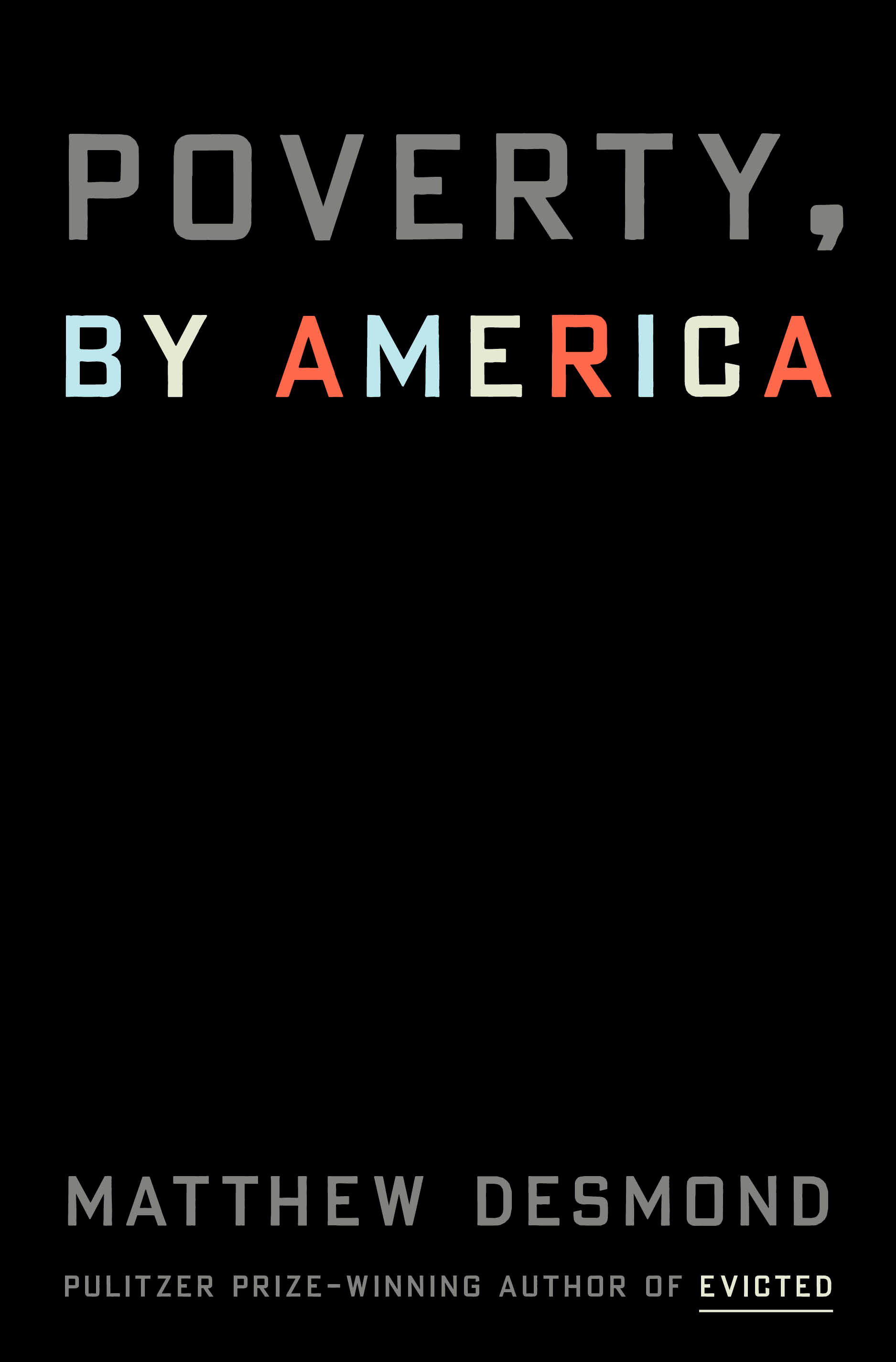Your rating:
From the award-winning author of 10:04 and Leaving the Atocha Station, a tender and expansive family drama set in the American Midwest at the turn of the century: a tale of adolescence, transgression, and the conditions that have given rise to the trolls and tyrants of the New Right Adam Gordon is a senior at Topeka High School, class of ’97. His mother, Jane, is a famous feminist author; his father, Jonathan, is an expert at getting “lost boys” to open up. They both work at a psychiatric clinic that has attracted staff and patients from around the world. Adam is a renowned debater, expected to win a national championship before he heads to college. He is one of the cool kids, ready to fight or, better, freestyle about fighting if it keeps his peers from thinking of him as weak. Adam is also one of the seniors who bring the loner Darren Eberheart―who is, unbeknownst to Adam, his father’s patient―into the social scene, to disastrous effect. Deftly shifting perspectives and time periods, The Topeka School is the story of a family, its struggles and its strengths: Jane’s reckoning with the legacy of an abusive father, Jonathan’s marital transgressions, the challenge of raising a good son in a culture of toxic masculinity. It is also a riveting prehistory of the present: the collapse of public speech, the trolls and tyrants of the New Right, and the ongoing crisis of identity among white men.
Publication Year: 2019
No posts yet
Kick off the convo with a theory, question, musing, or update
Your rating:
3.5/5
The prose in this book is top-tier. "How many of his small gestures and postures in the present were embodied echoes of the past, repetitions just beneath the threshold of consciousness? What would happen to the past if you brought those involuntary muscle memories under your control and edited them, edited them out?" (35) - like, wow!!
The passages flowed well, I was interested in what every character had to say, even if it was to describe intense high school debate tournament (normally, not my thing) or therapeutic theory or marital affairs. Jane was my favorite character - I couldn't wait to read her sections always. Lerner is obviously very talented - each character felt distinct and had their own, very interesting voice. I genuinely enjoyed reading this, and I'm glad I did - I probably would have never picked it up if it weren't for my book club. And now I know the joys of Ben Lerner's beautiful prose.
I knocked a couple of stars because while I really liked reading this, the narrative didn't make complete sense to me. I didn't understand the relevance of Darren - he was such a side character throughout the whole book, yet his interludes are ominous and suggest that he is someone that will dominate the plot and ending. However, at the end, maybe only a few lines are devoted to his character conclusion? I didn't feel like that deserved all of the interludes he got and how much of the reader's attention was supposed to be given to him.
I didn't like the ending section either - seeing Adam (well, pseudo-Ben Lerner) in the present day New York, fighting family separations, honestly felt odd given the rest of the book. I liked when he went back to Topeka and reflected on all of the versions of himself and how much he's changed/not changed. I REALLY loved the playground scene as well because seeing him in this new father role, fighting against masculinity and thinking of his daughters felt fitting, given that most of the book grapples with feminism and white masculinity. But then, choosing to end the book with a protest against the family separations felt rushed, awkward, and almost inappropriate. I didn't like how he tried to link the experience back to public speaking/debate. It felt like he was trying to give a present-day relevance to his character in completely the wrong setting.
Overall, I enjoyed this book! And I'll probably seek out Ben Lerner's writing in the future.
3.5 stars. This book started out strong with an arresting opening. It soon included too many themes to keep a sharp focus (a form of spreading as it were). By the end, it felt like the novel was trying to fit as much as possible into the last few pages that I found it lost its rhythm. That said, there’s some brilliant moments in this book and it includes some important takedowns of toxic masculinity, white fragility, living in a Trumpian era, and what it means to be a man.




